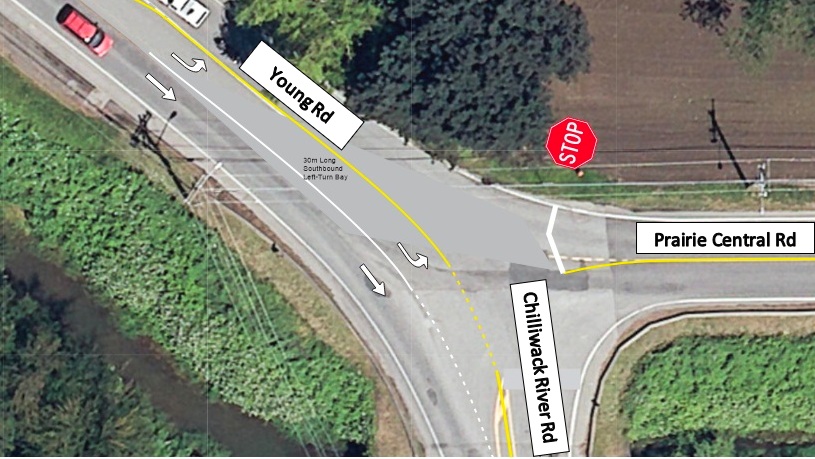Victoria/Abbotsford/Chilliwack – New regulations under the Agricultural Land Commission Act will encourage farming and help B.C.’s agricultural community fill the growing demand for B.C. food, locally and around the world, Agriculture Minister Norm Letnick announced today.
The regulations will help farmers throughout B.C. take advantage of the demand for value-added B.C. goods by promoting the use of co-operatively owned processing facilities. The changes make it easier, for example, for berry growers to use co-operatively owned facilities to make value added products like jams or sauces, or flash freeze them for off-season sales.
Similarly, the regulation creates opportunities for producers in the north and east to pool resources and establish value-added facilities for fruits, grains, honey and other crops. The opportunity for B.C. farmers to increase their income through value-added products also encourages farmers to expand their business models and consider growing additional crops in the ALR.
The regulations also support the growing appreciation of B.C. wines, beers and spirits by locals, as well as those visiting B.C. Breweries, distilleries and meaderies will be permitted to operate on ALR land on terms similar to wineries, requiring at least 50% of the products used to make the beverage be grown on the farm. Another change, subject to the results of consultations being conducted by the Liquor Control and Licensing Branch, will permit alcohol producers in the ALR to offer alcohol from other producers to their lounge and restaurant guests, so winery guests who prefer a beer with their meal can have one.
Government is consulting on this, with plans to open up the opportunity to manufacturers later this year, so that any winery, brewery, cidery, distillery or meadery can sell products made off-site in their lounges – aligning with a recommendation made in the B.C. Liquor Policy Review. The change will create more opportunities for B.C. farmers to grow and produce crops used for these beverages, as well as building on British Columbia’s growing international reputation for culinary tourism.
In 2014, two ALC-administered zones were created to better recognize the province’s regional differences. Zone 2 includes the Interior, Kootenay and North regions, where growing seasons are shorter than elsewhere in the province. One other change in the regulation supports succession planning in Zone 2, by allowing retiring farmers to continue living on their family farm after they’ve sold it using a lease for a life term. The retiring farmers can continue to live on the farm they have worked on, while sharing their knowledge with the next generation of farmers who have purchased their farm, and keeping the entire piece of land in production, growing crops and food.
The Regulations are one part of the B.C. government’s efforts to grow the Agrifood Sector to $14 billion by 2017, by supporting high-quality, high value products, building domestic and international markets and securing a strong future for farming.
A backgrounder with a complete list of regulatory changes follows
B.C. Agriculture Minister Norm Letnick –
“We heard in our extensive consultations with representatives of about 100 farming groups and local governments, that British Columbians wanted these regulations to help preserve farmland and encourage agriculture, and that’s what we’ve delivered. These regulations provide farming families the chance to earn a higher income, and prepare for the transition of the farm from one generation to another, ensuring B.C. has a growing agrifoods economy and reliable food source for years to come.”
BC Agriculture Council chair Stan Vander Waal –
“These regulations are good news for BC agriculture. BC farmers have been calling for the modernization of the Agriculture Land Commission Act for some time. With these regulations BC farmers can explore new farm business opportunities under continued proactive oversight by the independent Agriculture Land Commission (ALC). BCAC trusts the ALC to administer these new regulations in accordance with the commission’s primary purpose, which is to keep BC farmland for farming.”






